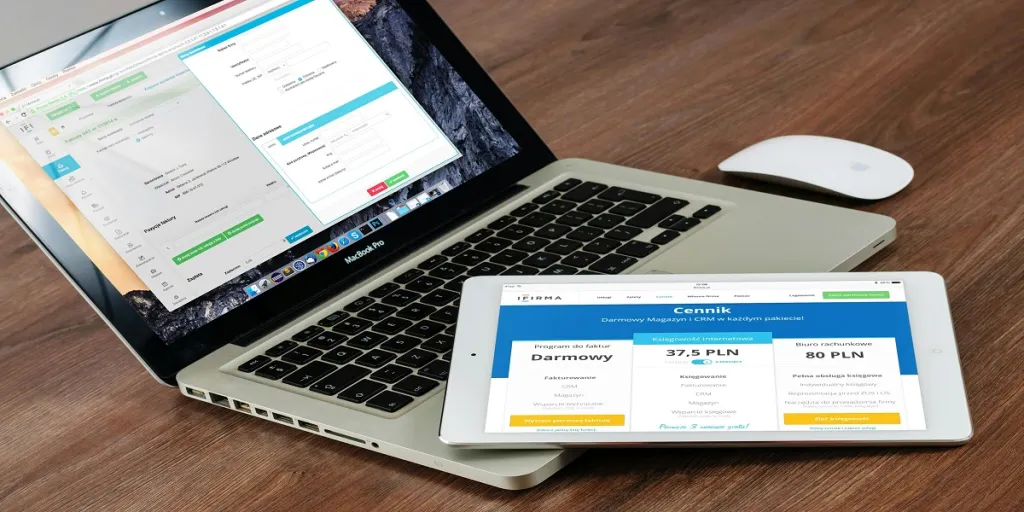For small- and medium-sized enterprises (SMEs) in the UK, insurance is an essential part of risk management. Insurance policies protect against several factors that can threaten business operations. Here we take a look at which insurance policies are either mandatory or advisable for your company.
If you manage a B2B company, you’re responsible for yourself, your employees and your business partners. This means you have to consider liability issues which can have serious consequences for your company, or even put it out of business. To protect against risk, you can take out a variety of insurance policies.
Which business insurance policies are legally required?
Employer’s liability insurance
The Employer’s Liability (Compulsory Insurance) Act 1969 states that if you employ anyone, whether on a full-time, part-time, casual or temporary basis, you must take out employer’s liability insurance, which covers compensation claims made against you by your employees. It’s the only type of insurance that is mandatory for businesses in the UK. If you’re a sole trader, you don’t need employer’s liability insurance.
You must get Employers’ Liability (EL) insurance as soon as you become an employer. Your policy must cover you for at least £5 million and must come from an authorized insurer. You can be fined £2,500 for every day you are not properly insured.
You must also display a Certificate of Employer’s Liability (this can be a digital copy, so long as it’s accessible by all your employees). If you fail to display your EL certificate or to produce it when requested by inspectors, you can be fined £1,000.
Motor insurance
If your business uses vehicles, you’re legally obliged to have commercial motor insurance. In some cases where vehicles are a core part of your business, for example if you have a taxi company or courier service, you may need a specialist insurance policy.
Third-party motor insurance is the minimum required by law. This covers you if you are responsible for an accident and a third party makes a claim against you. However, it’s wise to have comprehensive motor insurance. This covers not only your liability to third parties, but also theft or damage to your own vehicle, fire damage, medical expenses and the cost of replacing the contents of a vehicle. Theft is a particular risk for many small businesses, as vans containing tools or equipment are more likely to be targeted.
Which business insurance policies are recommended for SMEs?
Public liability insurance
This covers compensation claims made against you by third parties. If your business interacts with the public, you should have public liability insurance. It offers financial protection in the event of an injury or property damage claim made by a client, customer or member of the public.
Public liability insurance is particularly important if customers visit your business premises, if you work on client sites or in people’s homes or gardens, or if you work in public areas and could potentially cause injury or damage to members of the public. It can help cover the cost of legal fees incurred or payouts resulting from a claim if you’re found liable.
Although public liability insurance isn’t a legal requirement, many clients will insist on it. Some trade associations won’t allow you to register with them unless you have public liability insurance. Local government contracts will also usually require proof of public liability insurance.
Property insurance
Property insurance covers accidental damage to or theft of your property. Again, it’s not a legal requirement, but if anyone has an insurable interest in the property you own or use, they may require you to have a property insurance policy. Examples of people with an insurable interest are those who have lent you money to buy property, or who have leased or hired equipment to you.
Specialized insurance
Depending on your industry, you may also need additional, specialized insurance coverage. The most common types of insurance for SMEs are:
- portable equipment insurance: if you or your staff regularly use equipment outside your business premises (such as laptops, mobile phones, tablets or even tools) you may choose to insure these separately to cover you in case of loss or theft
- cyber insurance (sometimes called cyber liability insurance) to cover financial loss to you or your business arising from events such as unauthorized access, cyberattack or a privacy breach.
Source from Europages
Disclaimer: The information set forth above is provided by Europages independently of Alibaba.com. Alibaba.com makes no representation and warranties as to the quality and reliability of the seller and products. Alibaba.com expressly disclaims any liability for breaches pertaining to the copyright of content.




